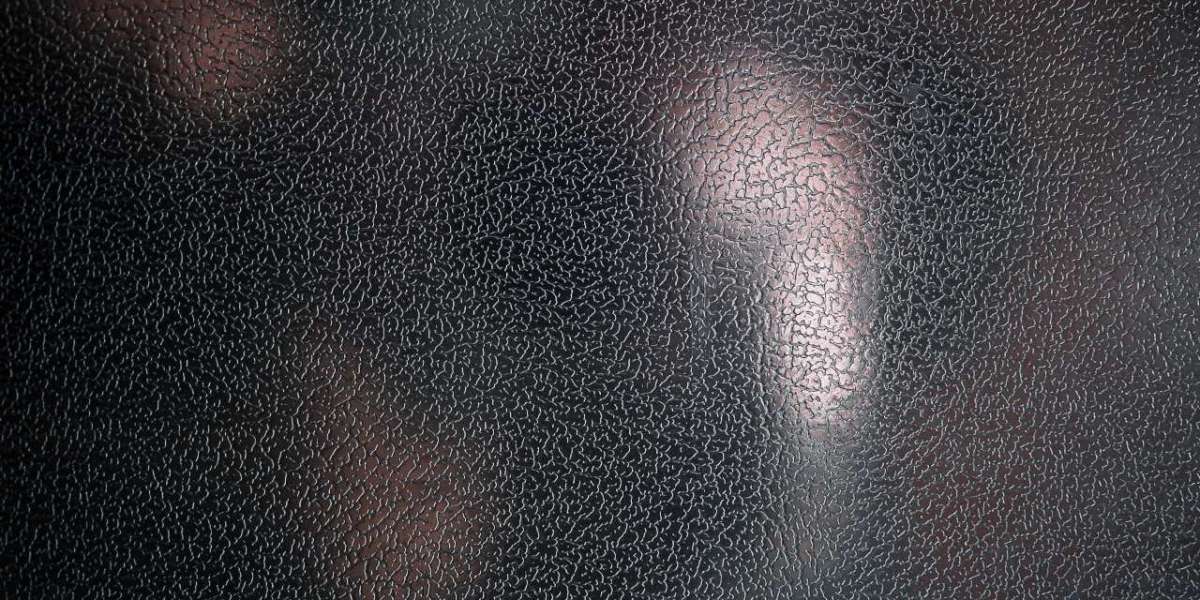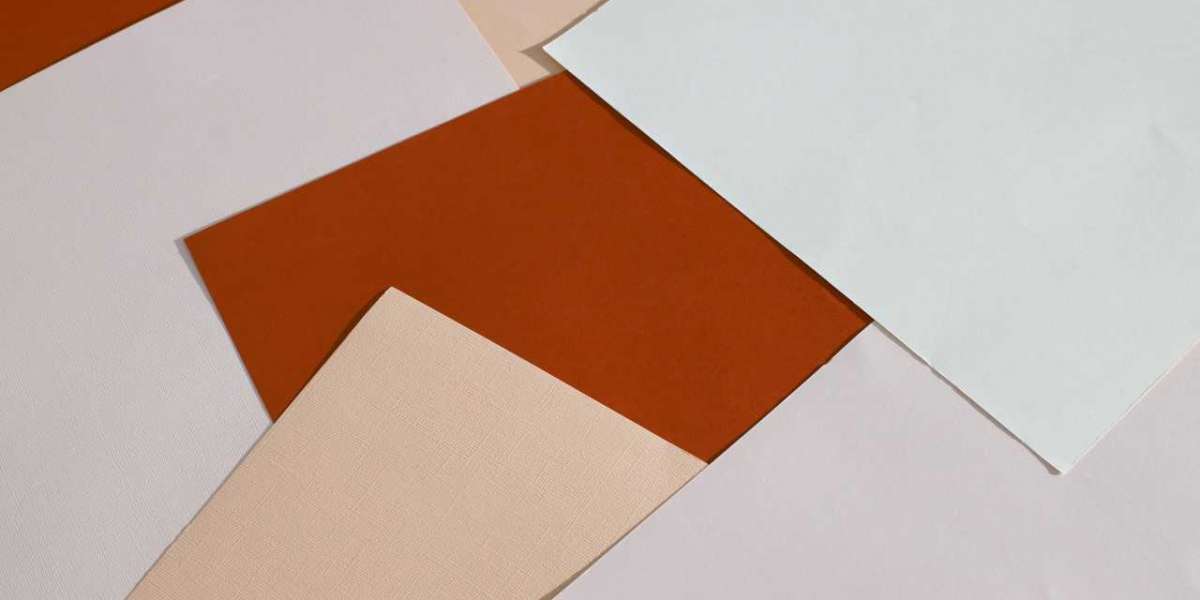In the realm of Oriental aesthetic handicraft, the concept of backing retained labels holds significant importance. These labels are not merely tags; they are a testament to the authenticity, heritage, and meticulous craftsmanship of each piece. But what exactly are backing retained labels, and why are they so crucial?
Understanding Backing Retained Labels
Backing retained labels are labels that are affixed to the back of handicraft items, providing essential information about the piece. This information often includes the artisan's name, the date of creation, the materials used, and sometimes even the cultural significance of the design. These labels serve as a bridge between the creator and the owner, preserving the story behind each unique item.
Why Are Backing Retained Labels Important?
There are several reasons why backing retained labels are indispensable in Oriental aesthetic handicraft:
- Authenticity: These labels authenticate the origin and craftsmanship of the piece, ensuring that buyers are getting genuine items.
- Value Preservation: By providing detailed information, these labels help in preserving the value of the handicraft over time.
- Historical Significance: They offer insights into the cultural and historical context of the piece, enriching the owner's understanding and appreciation.
How Backing Retained Labels Enhance Collectibility
Collectors often seek out items with backing retained labels because they add a layer of credibility and historical context. For instance, a beautifully crafted  with a detailed label can fetch a higher price at auctions or in private sales. This is because the label provides verifiable information about the item's provenance, making it more desirable to collectors.
with a detailed label can fetch a higher price at auctions or in private sales. This is because the label provides verifiable information about the item's provenance, making it more desirable to collectors.
Ensuring the Integrity of Backing Retained Labels
To maintain the integrity of backing retained labels, it is essential to handle them with care. Avoid exposing the labels to moisture or direct sunlight, as these can cause fading or deterioration. If you are a collector, consider using protective coverings or display cases to safeguard both the handicraft and its label.
"The presence of a backing retained label significantly enhances the value and authenticity of Oriental aesthetic handicrafts." - Expert Artisan
Examples of Backing Retained Labels in Oriental Handicrafts
Let's look at some real-world examples to understand the impact of backing retained labels:
 - This exquisite tapestry comes with a label detailing its creation in the 18th century by a renowned artisan.
- This exquisite tapestry comes with a label detailing its creation in the 18th century by a renowned artisan. - The label on this porcelain piece provides information about the traditional techniques used in its creation.
- The label on this porcelain piece provides information about the traditional techniques used in its creation.
Conclusion
In conclusion, backing retained labels play a pivotal role in the world of Oriental aesthetic handicraft. They not only authenticate and preserve the value of the items but also offer a window into the rich cultural heritage behind each piece. Whether you are a collector or an enthusiast, understanding the importance of these labels can significantly enhance your appreciation and valuation of Oriental handicrafts.
For more insights, watch this  video on the significance of backing retained labels.
video on the significance of backing retained labels.








